H.R. 5449: Redistricting Reform Act of 2025
The Redistricting Reform Act of 2025 aims to overhaul the way congressional redistricting is conducted across the United States. The main elements of the bill are summarized below:
Independent Redistricting Commissions
The bill mandates that all states must use independent commissions for congressional redistricting. This is intended to prevent gerrymandering—the practice of drawing district boundaries to favor one political party over another. By utilizing independent commissions, the process is designed to be more accountable and impartial.
Prohibition of Mid-Decade Redistricting
To further ensure fairness, mid-decade redistricting, which allows states to change district boundaries outside of the usual decennial process, is prohibited. This establishes a more stable and predictable electoral landscape.
Eligibility and Selection of Commission Members
The act specifies that commission members must be selected from a diverse pool of candidates. A selection pool of 36 individuals will be created, incorporating representatives from majority, minority, and independent backgrounds. This approach promotes demographic representation and aims to reflect the community's diversity.
Transparency and Public Participation
The bill emphasizes transparency in the redistricting process by requiring public participation. Throughout the process, the commission will collect public comments and input, allowing citizens to be actively involved in shaping the electoral districts.
Oversight and Accountability
The redistricting process will be overseen by a Select Committee on Redistricting, which will ensure that the commission adheres to its procedures and the standards set forth in the bill.
Judicial Authority and Legal Provisions
The act grants courts the authority to address any unmentioned claims related to discriminatory intent in redistricting efforts and to enforce the provisions of the Voting Rights Act. This allows for judicial intervention if there are allegations of discrimination in the redistricting process. Additionally, prevailing parties in legal challenges may be able to recover attorney fees, providing an incentive to pursue legitimate claims.
Supplemental Rights
The rights established under this act are supplementary to existing laws, meaning they will add to, but not interfere with, current state election processes. The implementation of this act is set to take effect following the 2030 census, giving states a timeline to prepare for these changes.
Relevant Companies
None found
This is an AI-generated summary of the bill text. There may be mistakes.
Sponsors
56 bill sponsors
-
TrackZoe Lofgren
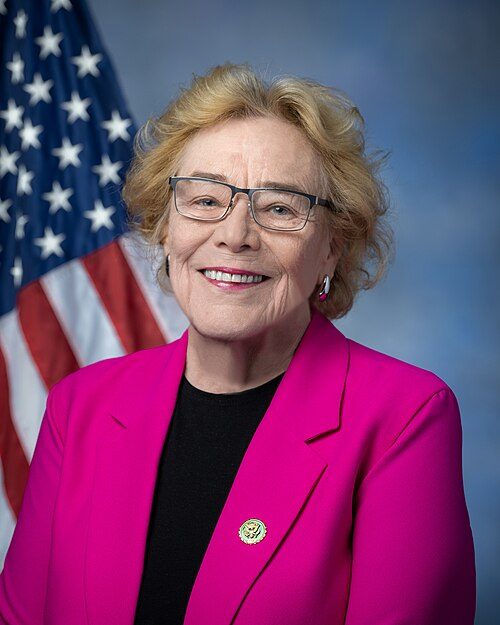
Sponsor
-
TrackPete Aguilar
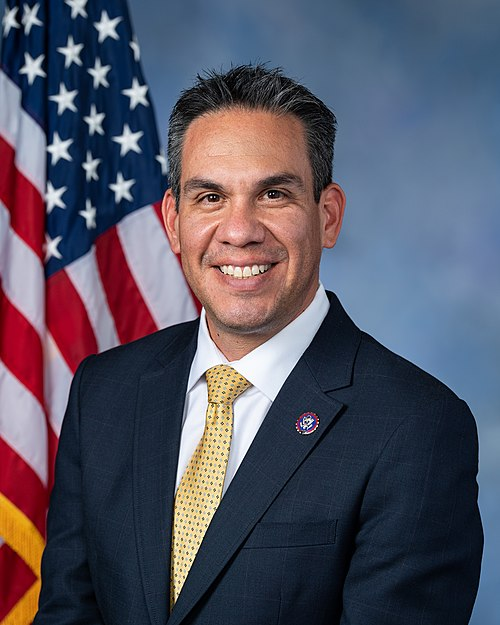
Co-Sponsor
-
TrackNanette Diaz Barragán

Co-Sponsor
-
TrackWesley Bell

Co-Sponsor
-
TrackAmi Bera
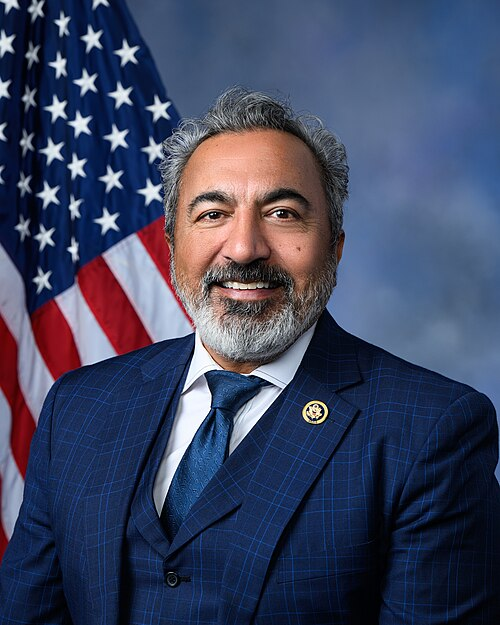
Co-Sponsor
-
TrackJulia Brownley

Co-Sponsor
-
TrackSalud O. Carbajal
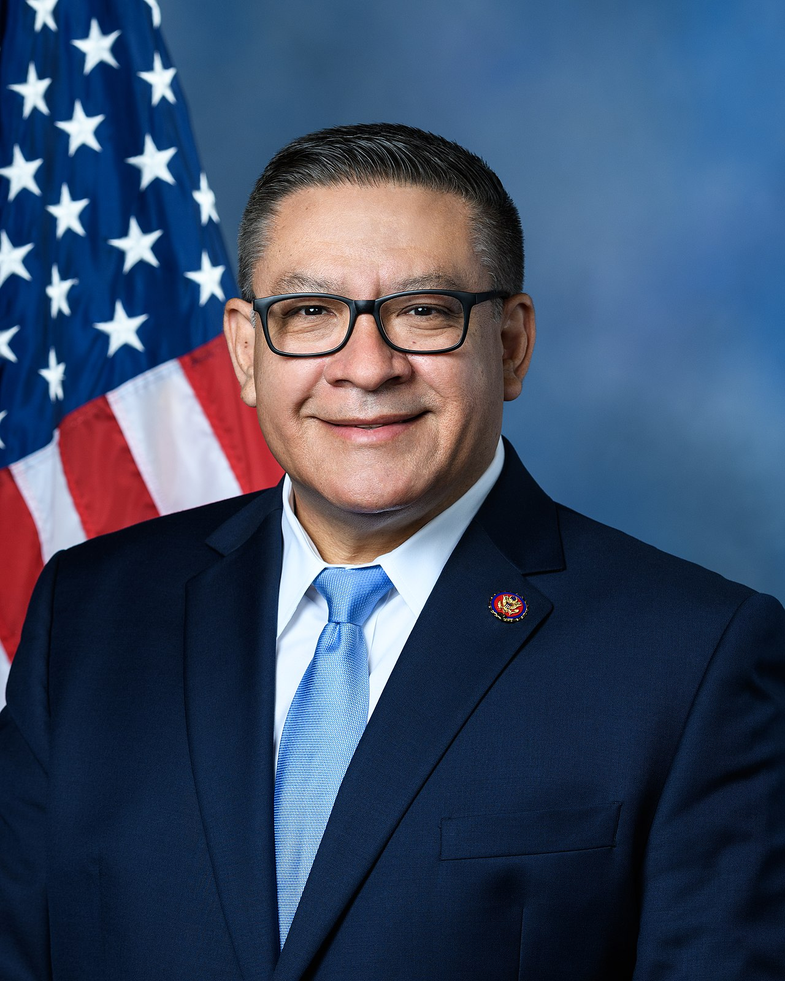
Co-Sponsor
-
TrackAndré Carson

Co-Sponsor
-
TrackJudy Chu
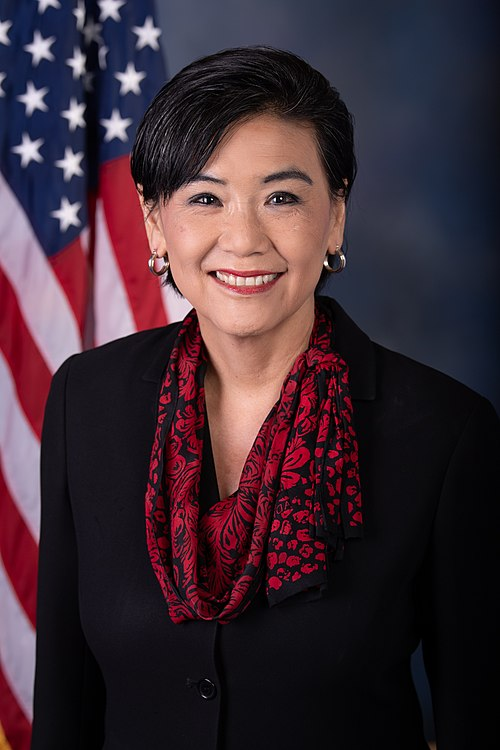
Co-Sponsor
-
TrackGilbert Ray Cisneros, Jr.

Co-Sponsor
-
TrackEmanuel Cleaver

Co-Sponsor
-
TrackJ. Luis Correa

Co-Sponsor
-
TrackJim Costa

Co-Sponsor
-
TrackMark DeSaulnier

Co-Sponsor
-
TrackLloyd Doggett

Co-Sponsor
-
TrackValerie P. Foushee

Co-Sponsor
-
TrackLaura Friedman

Co-Sponsor
-
TrackJohn Garamendi

Co-Sponsor
-
TrackRobert Garcia
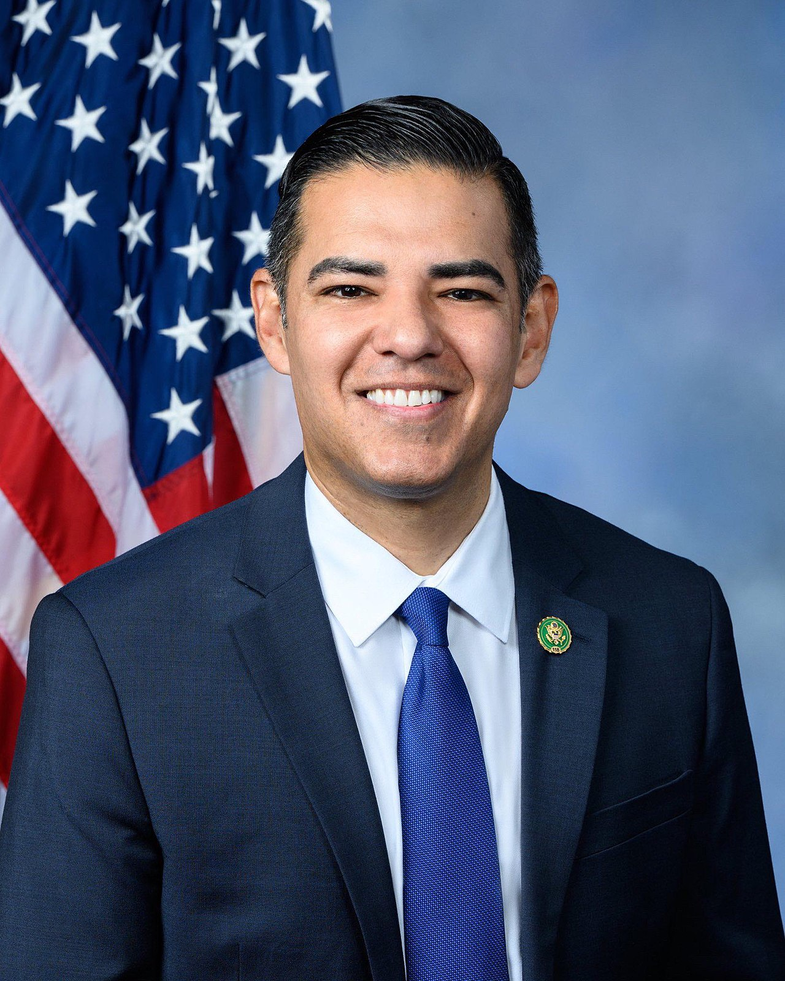
Co-Sponsor
-
TrackJimmy Gomez
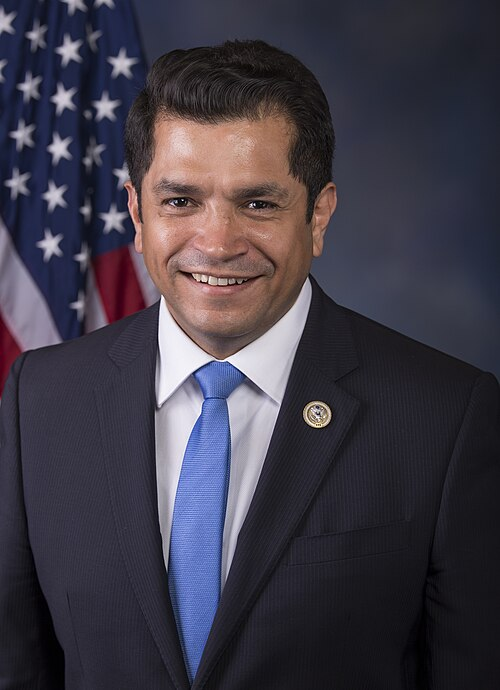
Co-Sponsor
-
TrackAdam Gray

Co-Sponsor
-
TrackAl Green
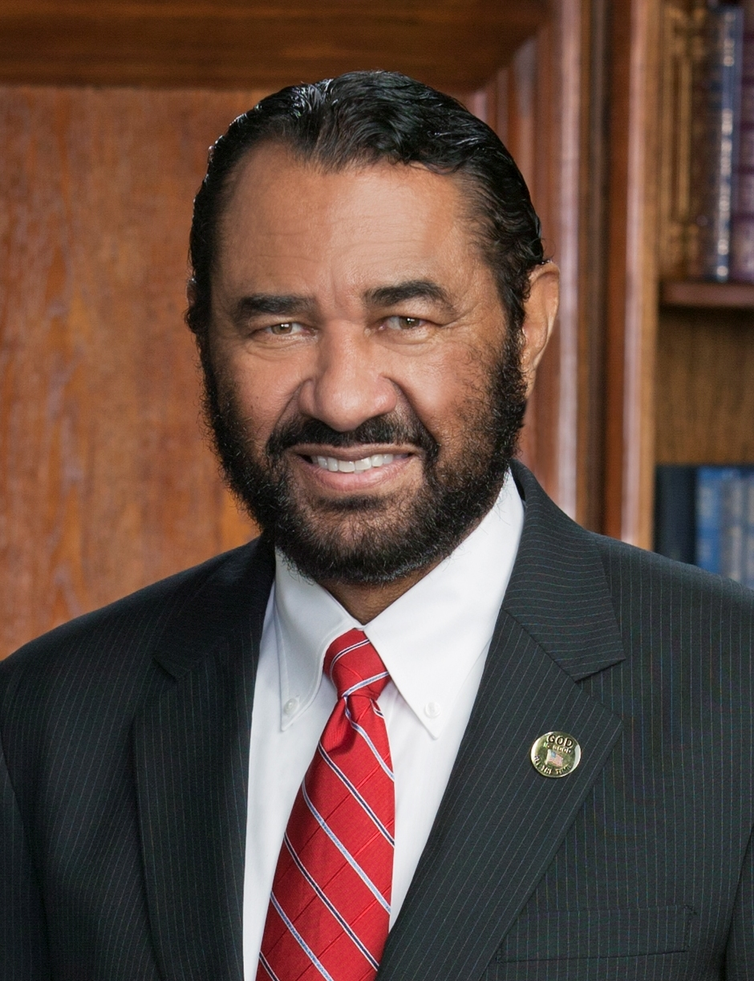
Co-Sponsor
-
TrackJosh Harder

Co-Sponsor
-
TrackJared Huffman

Co-Sponsor
-
TrackSara Jacobs

Co-Sponsor
-
TrackHenry C. "Hank" Johnson, Jr.

Co-Sponsor
-
TrackSydney Kamlager-Dove

Co-Sponsor
-
TrackRo Khanna

Co-Sponsor
-
TrackGreg Landsman

Co-Sponsor
-
TrackJohn B. Larson

Co-Sponsor
-
TrackMike Levin

Co-Sponsor
-
TrackSam Liccardo
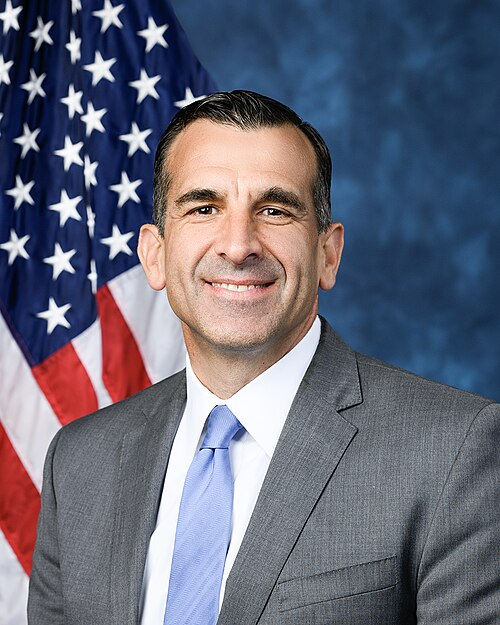
Co-Sponsor
-
TrackTed Lieu
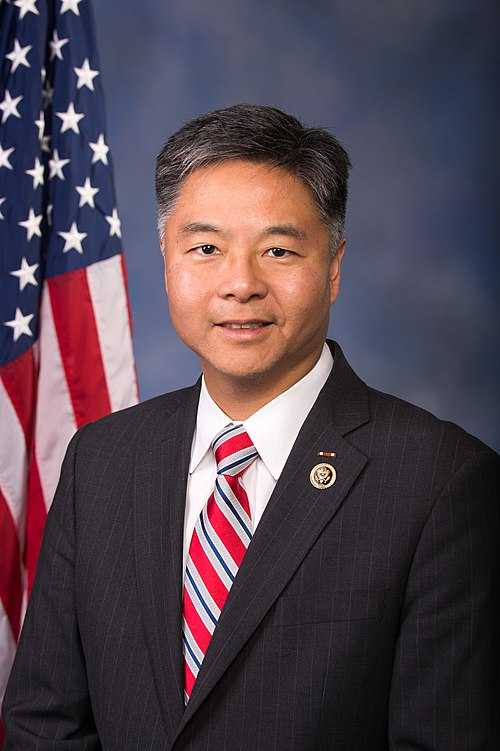
Co-Sponsor
-
TrackDoris O. Matsui

Co-Sponsor
-
TrackDave Min
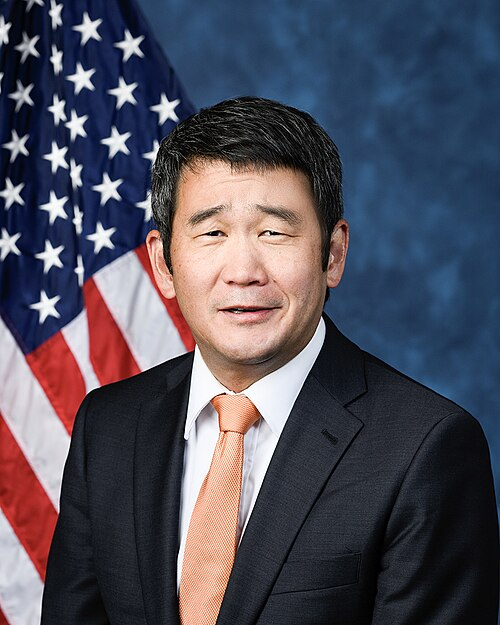
Co-Sponsor
-
TrackFrank J. Mrvan

Co-Sponsor
-
TrackKevin Mullin
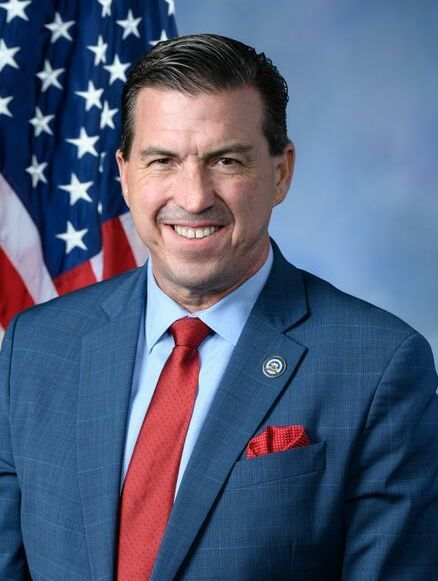
Co-Sponsor
-
TrackJimmy Panetta
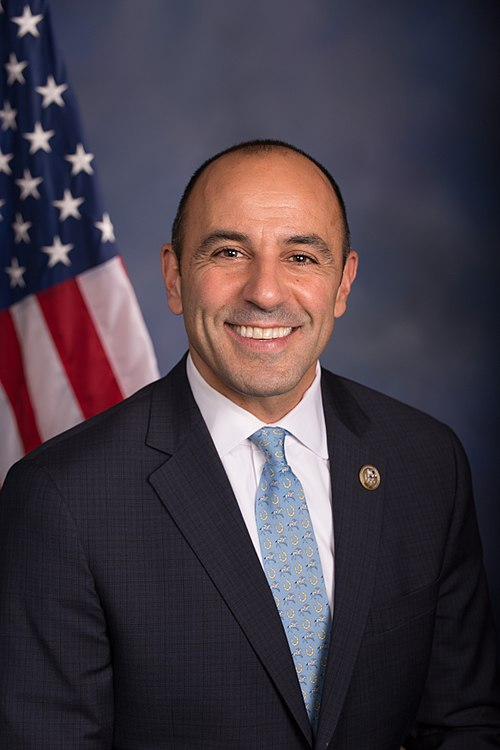
Co-Sponsor
-
TrackNancy Pelosi

Co-Sponsor
-
TrackScott H. Peters

Co-Sponsor
-
TrackMike Quigley

Co-Sponsor
-
TrackLuz Rivas
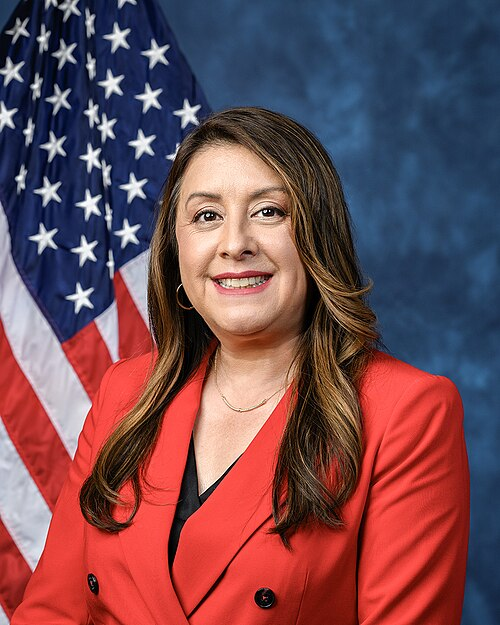
Co-Sponsor
-
TrackDeborah K. Ross

Co-Sponsor
-
TrackRaul Ruiz
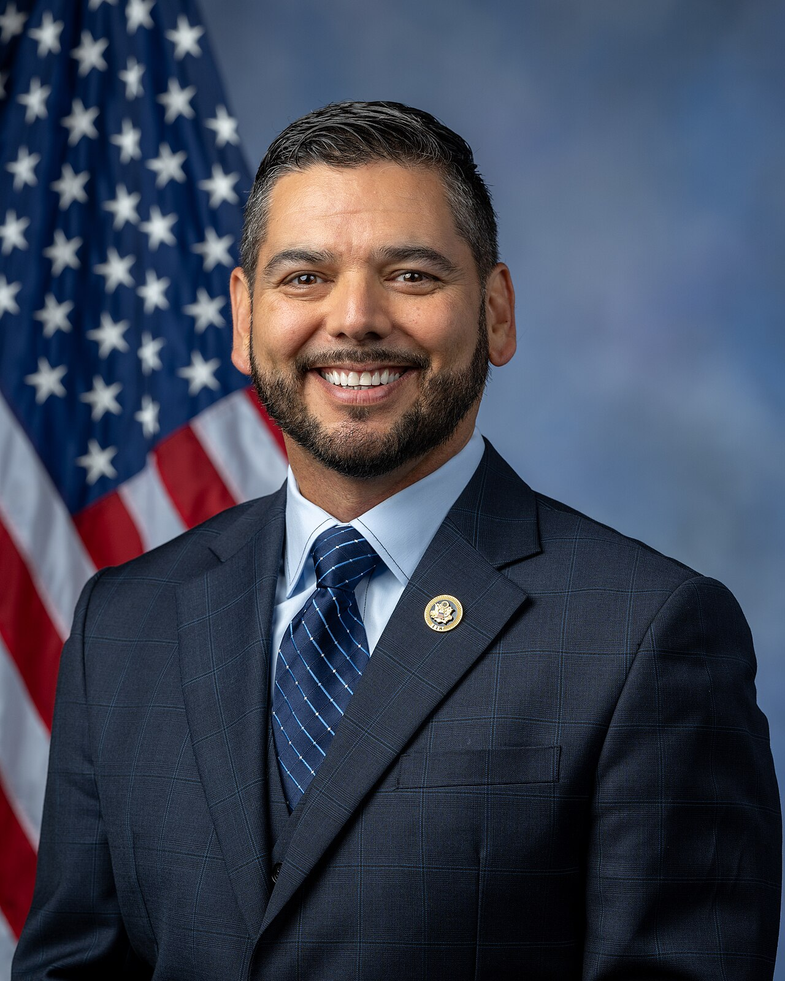
Co-Sponsor
-
TrackBrad Sherman

Co-Sponsor
-
TrackLateefah Simon

Co-Sponsor
-
TrackEric Swalwell

Co-Sponsor
-
TrackLinda T. Sánchez

Co-Sponsor
-
TrackMark Takano
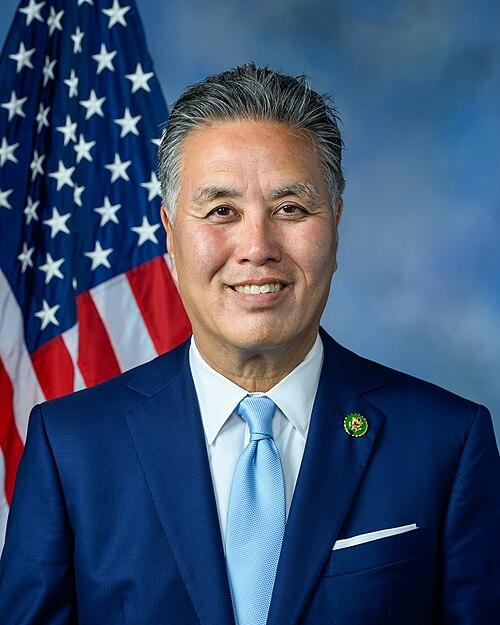
Co-Sponsor
-
TrackMike Thompson
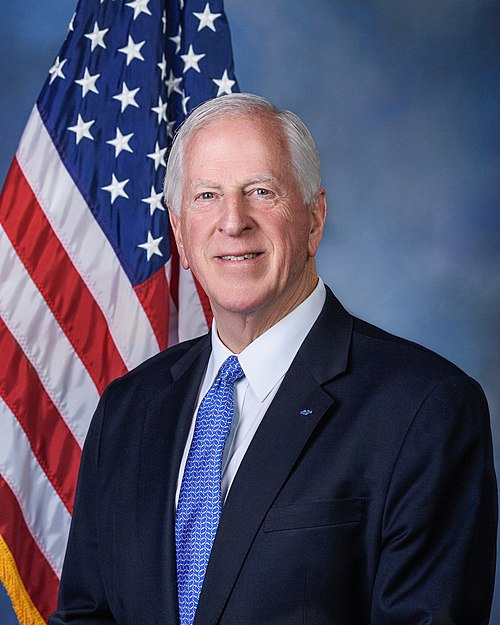
Co-Sponsor
-
TrackNorma J. Torres

Co-Sponsor
-
TrackDerek Tran
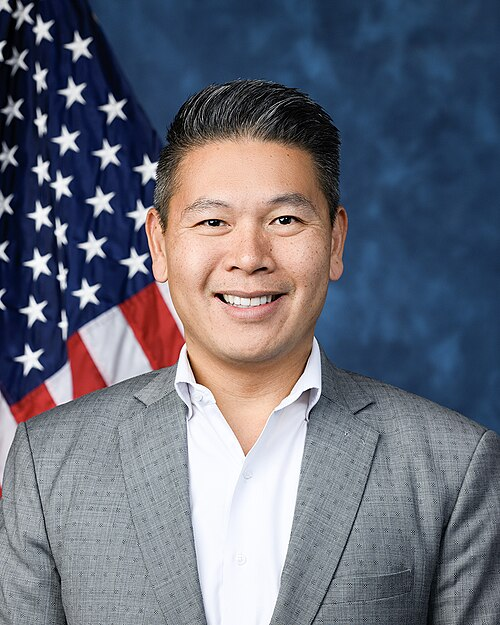
Co-Sponsor
-
TrackJuan Vargas
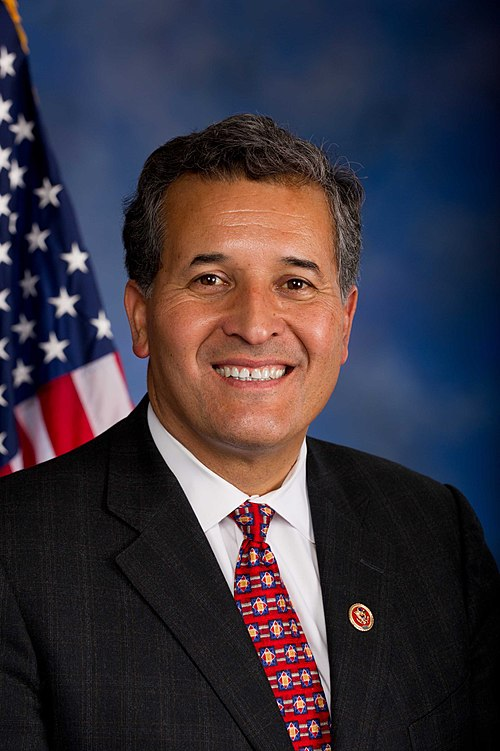
Co-Sponsor
-
TrackMarc A. Veasey

Co-Sponsor
-
TrackMaxine Waters

Co-Sponsor
-
TrackGeorge Whitesides

Co-Sponsor
Actions
2 actions
| Date | Action |
|---|---|
| Sep. 18, 2025 | Introduced in House |
| Sep. 18, 2025 | Referred to the House Committee on the Judiciary. |
Corporate Lobbying
0 companies lobbying
None found.
* Note that there can be significant delays in lobbying disclosures, and our data may be incomplete.
Potentially Relevant Congressional Stock Trades
No relevant congressional stock trades found.